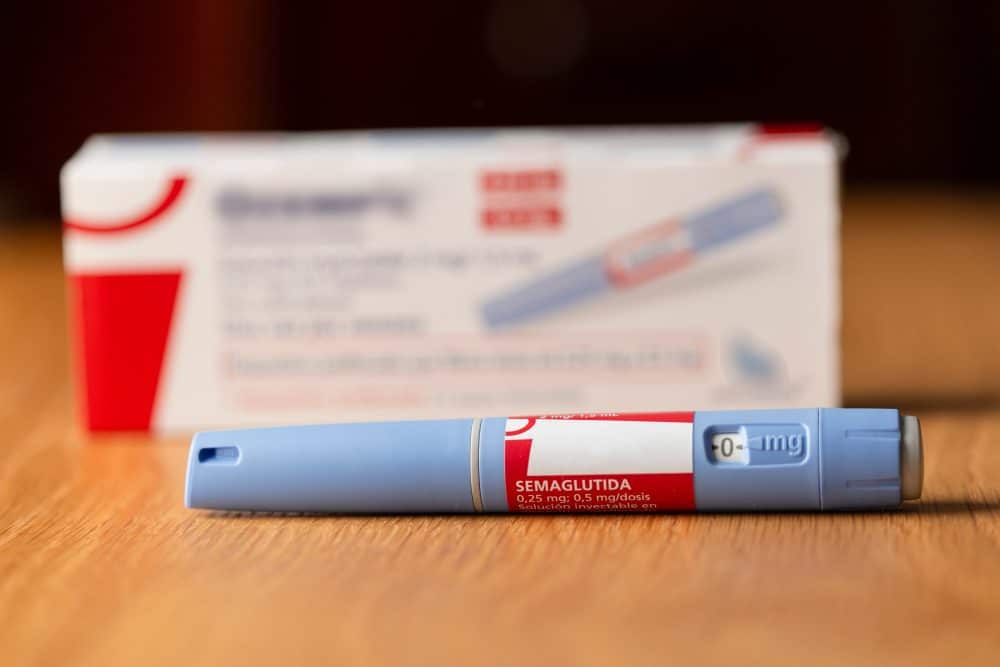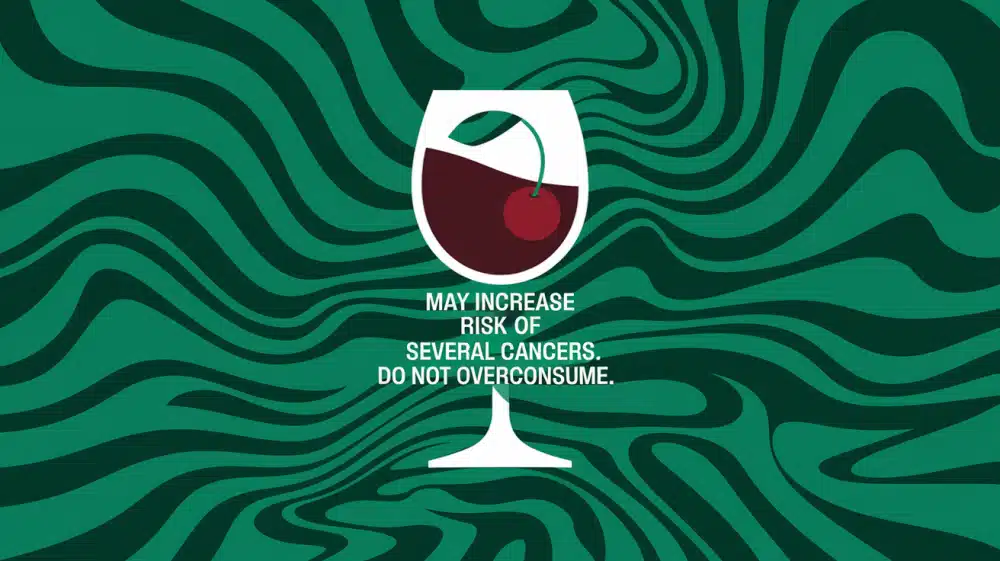College can be a time for people to have new experiences, get out comfort zones, and broaden horizons. However, it can also be a time when students increase alcohol consumption. What is binge drinking, and how can someone stop binge drinking once it has become a problem?
Binge Drinking Defined
The National Institute on Alcohol Abuse and Alcoholism (NIAAA) defines binge drinking as a pattern of drinking that brings the blood alcohol concentration to 0.08 percent or higher. This typically means drinking five or more drinks for men and four or more drinks for women in two hours.
The Role of the Media in Normalizing College Binge Drinking
College students have higher rates of binge drinking than their peers who do not attend college. How did binge drinking in college become so normalized that many students feel that drinking alcohol is a fundamental part of the college experience? One factor is popular media, making partying, drinking, and substance use appear to be the objective image of what college life should be. Movies like Animal House, PCU, and The House Bunny portray binge drinking as just another aspect of the college experience. TV shows and music also send a message that it is the norm for all college parties and social events to include binge drinking.
There is evidence that the representation of binge drinking as part of the college rites of passage does normalize binge drinking culture and increase the likelihood of students engaging in binge drinking when they get to college. A study conducted across six European countries and published in Pediatrics showed that teens who watched more movies with more scenes showing alcohol use were almost twice as likely to binge drink than teens who watched movies with fewer scenes depicting alcohol use. The teens who watched movies with more alcohol use were also more than twice as likely to drink weekly and have alcohol-related problems than those who watched movies with fewer alcohol use scenes.
Other Factors Contributing to College Binge Drinking
Many students arrive at college already having prior experiences drinking alcohol. However, there are aspects of university life that can increase the risk of growing engagement in binge drinking behaviors:
- The widespread availability of alcohol
- Increased amounts of unstructured time
- Decreased interaction with parents and other adults
- Inconsistent enforcement of underage drinking laws
- Drinking to reduce the stress of university life
- Involvement in Greek life or athletics
- Misperception of campus drinking norms
According to the NIAAA, the first six weeks of freshman year are a vulnerable time for heavy drinking and alcohol-related consequences because of student expectations and social pressures at the start of the academic year.
How Much Alcohol Are College Students Drinking
When a national survey was conducted, about 53% of college students aged 18 to 22 reported drinking alcohol in the past month, and 33% of them had engaged in binge drinking during that time. Male students tend to drink twice as much as female students. Male students drink about nine drinks a week, while female students have around four drinks a week. Full-time students consume more alcohol than part-time students.
The Heavy Toll of Binge Drinking
Binge drinking can lead to alcohol-related deaths that devastate families, friends, and communities. The NIAAA estimates that around 1,519 college students ages 18 to 24 die from alcohol-related unintentional injuries each year.
According to NIAAA, one in four students who binge drink has academic difficulty such as missing class or falling behind with their classwork. Students who binge drank at least three times a week were six times more likely to have poor performance on a project or test because of drinking than students who drank alcohol but did not binge.
Binge drinking and heavy alcohol use increase the likelihood of physical and sexual assault. The most recent statistics from NIAAA estimate that about 97,000 students ages 18 to 24 report experiencing alcohol-related sexual assault or date rape. NIAAA estimates that about 696,000 students ages 18 to 24 are assaulted by another student who has been drinking.
University Efforts to Curb Binge Drinking
How can universities prevent binge drinking or encourage students to stop or cut back on binge drinking? They can use a mix of strategies that target individual students and processes that target the environment. Individual-level strategies target those in higher-risk groups such as students in fraternities and sororities, first-year students, mandated students, and athletes. These strategies are designed to increase knowledge and change attitudes and behaviors surrounding alcohol.
Strategies that target individual students include:
- Motivation and feedback type approaches
- Interventions by behavioral health professionals
- CBT skills-based approaches
- Education and awareness programs
- Encouraging parental involvement
Environmental level strategies are targeted toward the campus and community environments where alcohol is consumed. They are often aimed at reducing the availability of alcohol.
These strategies include:
- More alcohol-free social opportunities
- Increasing campus and community police presence
- More Friday classes to deter Thursday night parties
- Training staff to recognize potential problem drinking and assist students in finding help
- Training bar staff to identify fake IDs
How to Stop Binge Drinking
There are several strategies to help people successfully stop binge drinking, such as change of environment, enlisting the help of friends and family, use healthier coping mechanisms, and trying abstinence. These are all effective ways to help stop binge drinking. However, people who binge drink frequently may need a medical detox as their first step in recovery. Medical detox occurs in the presence of medical professionals. Medical supervision and medications are used to reduce the risk and discomfort of withdrawal.
College can be an exciting time. Unfortunately, it can also be a time of increased alcohol use and binge drinking. Binge drinking can wreak havoc on a person’s life. You or a loved one may want to quit drinking and think it is safe to detox at home. However, trying to detox at home without medical supervision can be dangerous.
At Gallus Medical Detox Centers, we use The Gallus Method to smoothly guide you through the detox process while prioritizing your safety and comfort. As a nationally recognized center of excellence, we lead the field of addiction in education, science, training, and customer service. We believe there is dignity in healing from substance use disorders, removing the shame, stigma, and fear from the treatment process. If you or a loved one need medical detox begin the journey to recovery, we have state of the art, facilities in Phoenix and Denver offering superior medical detox.


 Steve B
Steve B 
